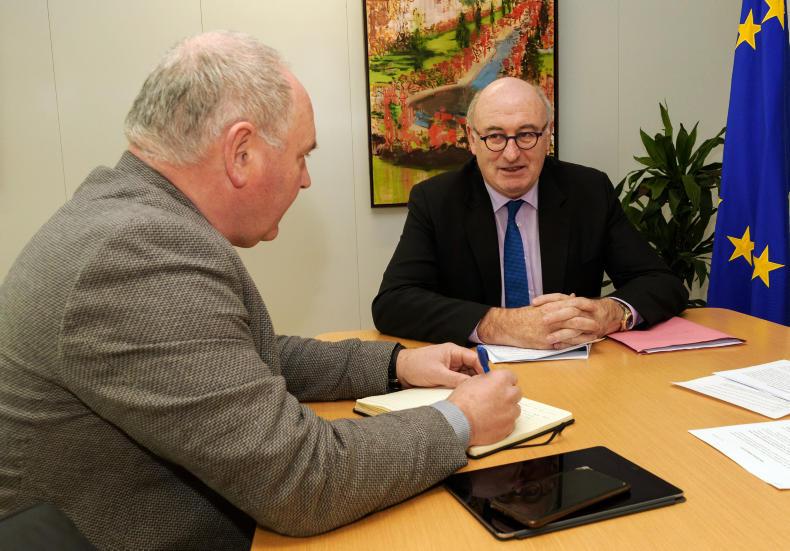At the height of the financial crisis in Ireland, one of the major challenges for SMEs was gaining access to credit, particularly for overdrafts and small bridging loans to help see them through a difficult period.
With the appetite to lend by the banks virtually non-existent at the time, the Government became increasingly pressured into finding a solution to help a crucial sector of the Irish economy. Arising from this, Microfinance Ireland (MFI) was established by the Government as a not-for-profit lender.
“We were established in the teeth of the recession,” says Michael Johnson, chief executive of MFI. “At the time, the major problem for SMEs in Ireland was accessing credit and any lending that was going on was tightening.”
MFI has a mandate to provide small, unsecured loans of between €2,000 and €25,000 to start-up businesses and established SMEs which have a turnover of less than €2m and employ fewer than 10 people.
The average loan size to businesses is just over €15,000 and generally spread over a three-year repayment term.
MFI was initially established with a reserve of €10m that was funded by the Government and the EU. This capital reserve allows MFI to take on riskier investments and acts like a cushion for the bad debt situations it will inevitably incur.
Rates
The main question for anyone seeking a loan from MFI will be on rates. While every loan is made on a case-by-case basis, Johnson says the average loan rate at MFI is 7.8% for customers who apply for loans through the Local Enterprise Office (LEO). The average rate for customers who come directly to MFI is 8.8%.
“Rates must follow the risk. For the type of lending we do, rates would normally be 20% to 25%,” adds Johnson. “We know some people will have legacy issues from the crash but we are still willing to engage with these customers but we need to know everything. We just insist that people put their cards on the table when they come to us.”
Johnson says that the lending rate for customers is generally lower when they come to MFI through their Local Enterprise Office because they will have been given management support and helped form a business plan.
“We need to see a business plan of one sort or the other and some form of financial history. We’re investing on a 50:50 basis with the individual with the proposition and not just the proposition itself,” says Johnson.
Lending to farmers
MFI was set up with agriculture in mind and given a mandate to lend to primary agriculture, according to Johnson, with up to €500,000 of its loan book currently lent to farmers. However, as primary producers are already deemed to be getting a form of state aid through the Common Agricultural Policy (CAP), a limit was put on the amount MFI could lend to farmers.
As such, Johnson says the maximum sum MFI can lend to a farmer or primary producer is €15,000. But if the farmer has an alternative on-farm enterprise they are trying to fund then they qualify for the full loan value of €25,000.
Indeed, MFI’s loan book is much more rurally focused than it is urban, with 75% of loans issued to customers outside of an urban centre. More than half of all loans issued by MFI are to people who have come to them through their Local Enterprise Office.
“These are not real sexy businesses or high tech. It’s not FDI but they are the types of everyday businesses you see in an ordinary rural town in Ireland,” says Johnson.
Future growth
MFI currently has a loan book of €12m, with more than €10m of this already drawn down. Last year, MFI loaned out €5.4m in new loans to 357 Irish businesses. The lender plans to grow its loan book over the next 18 months to circa €20m, with a target of issuing between €6m and €8m in loans over the coming years.
Down the line, Johnson says there is potential for a possible partnership with the Credit Unions in Ireland. In such an arrangement, MFI would bring its expertise in dealing with business loans while the Credit Union could offer its distribution network as well as its lending capital.
However, Johnson says it will probably be five or more years down the line before any such arrangement comes about.
Anyone with a business plan interested in speaking to Microfinance Ireland about a loan can contact them directly through their website, www.microfinanceireland.ie, or speak with your Local Enterprise Office.
To read the full Agri Finance Focus Supplement click here.











SHARING OPTIONS